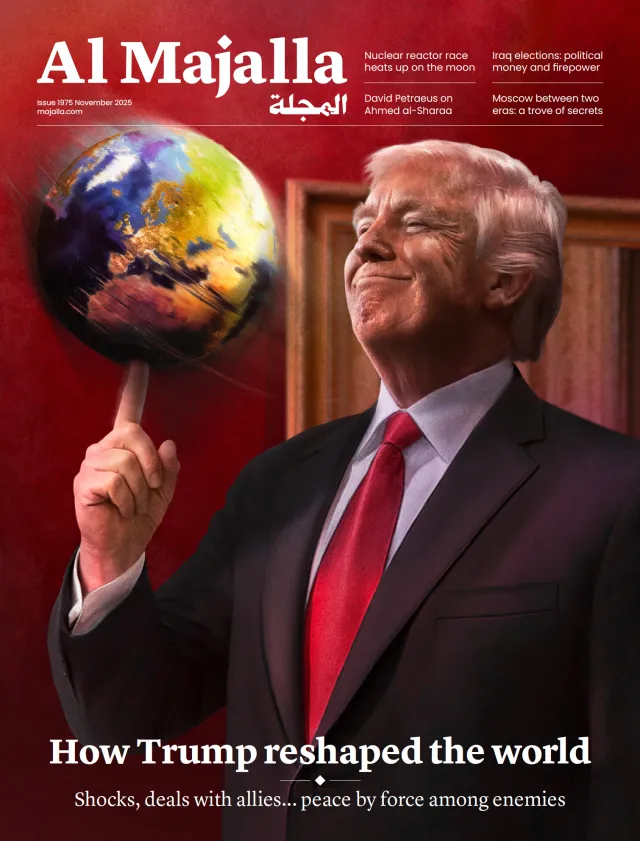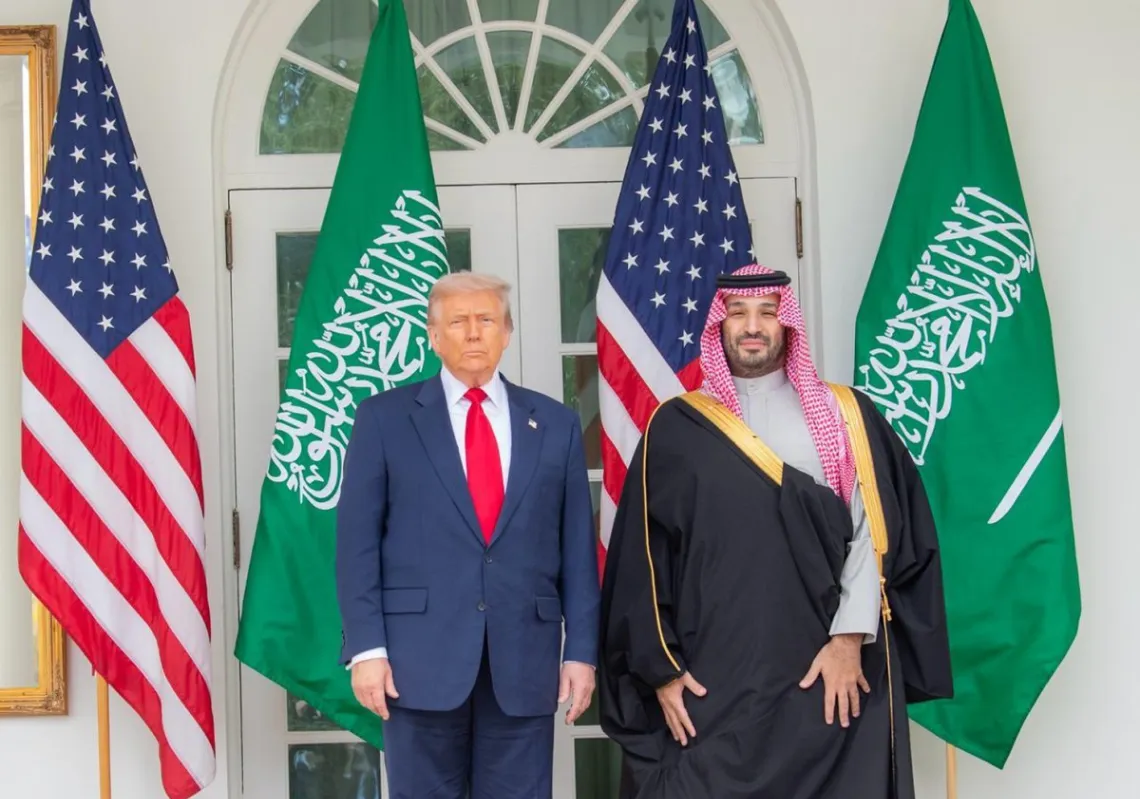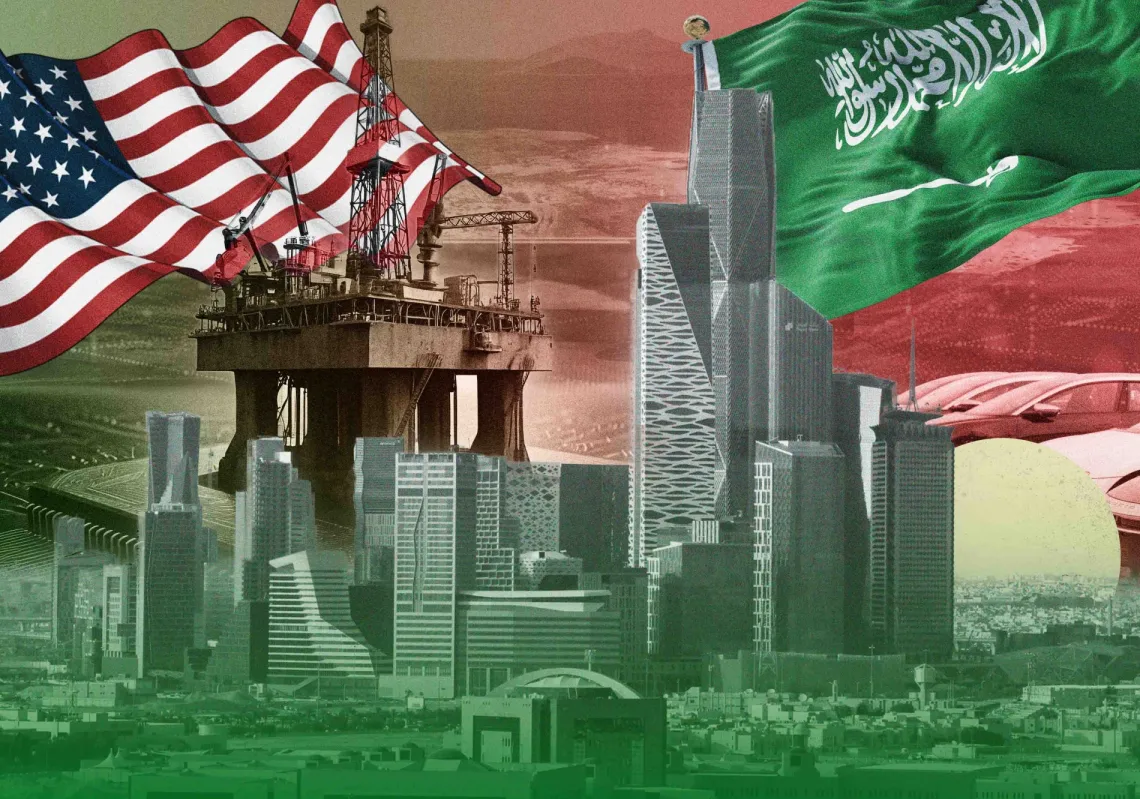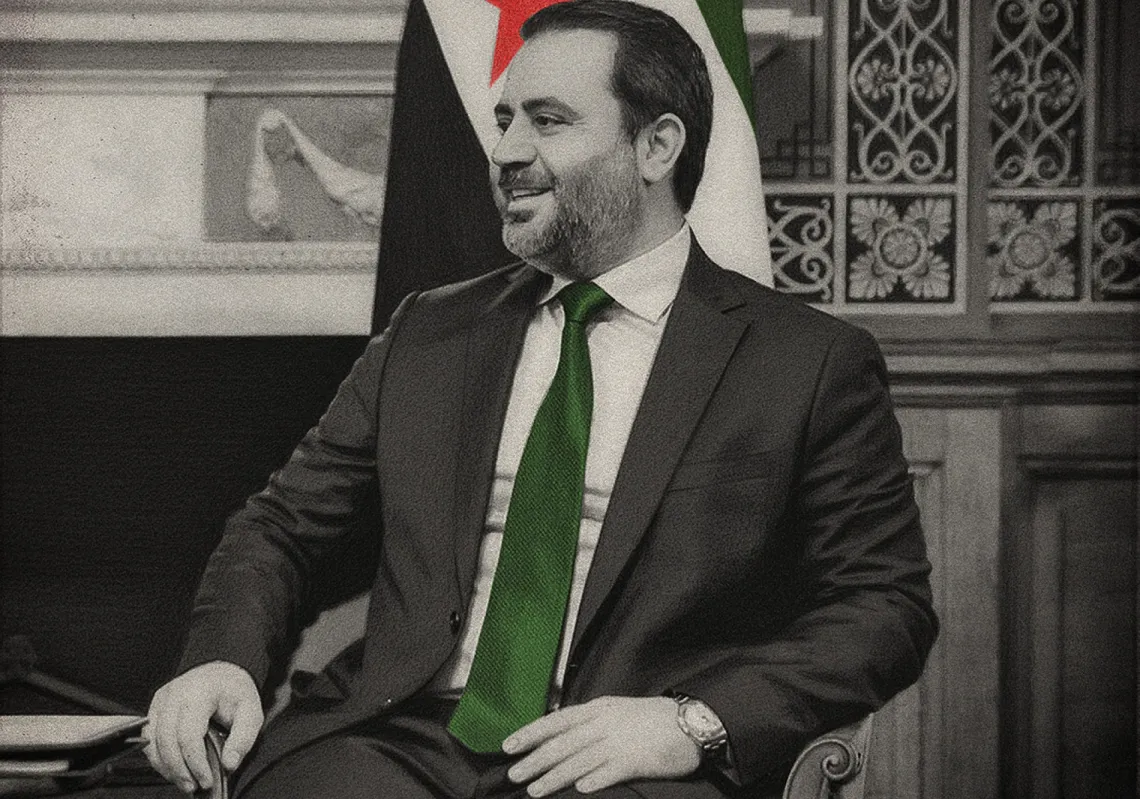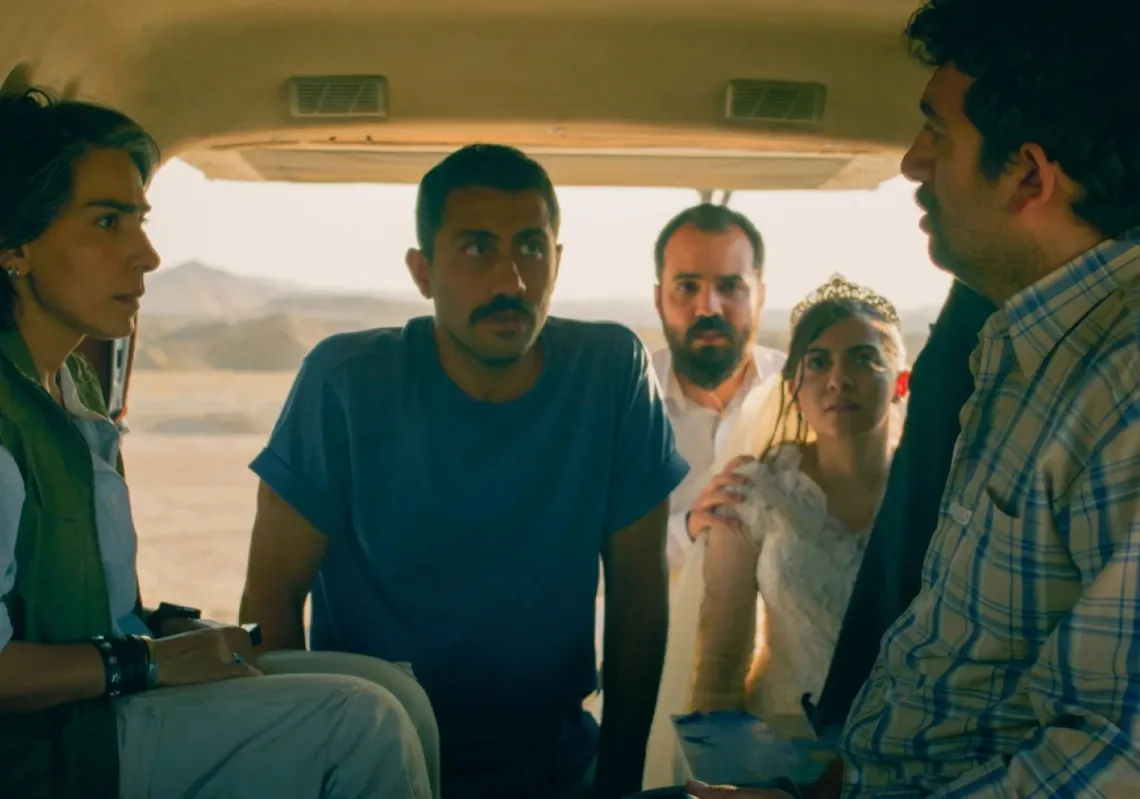In fact, resorting to the Internet was not an original approach on the part of these parties and forces as much as it was a pragmatic one. It was a reaction to the success of youth groups on the Internet, who managed to make themselves an undeclared partner in the system of political activity. They became an equal rival to the government and the ruling party. These parties wanted to attract new youth groups that are reluctant to engage in any political activity as a result of their fear of security forces or their despair of making any significant change.
The real starting point was the success of the April 6 Youth Movement. During their first strike on 6 April 2008, the Group's members on Facebook reached 73000. In the face of such a large number the government found itself powerless to act. This success forced the planners of major parties, especially the ruling National Party to quickly establish their own youth groups on the Internet to counter the rising threat.
In contrast, the number of groups attacking the ruling party and its government increased. They accused the party of monopolizing power, depending on businessmen as a source of legitimacy, and pushing Mr. Gamal Mubarak, the party's secretary of policies, to become the next presidential candidate, if President Mubarak decides not to nominate himself in the next presidential elections.
For his part, Mr. Gamal Mubarak created his own website under the name "Participate". His objective was to attract the largest number of youth groups around him, through holding meetings and direct dialogues with them. His first meeting was with the youth of Facebook on August 12, 2009, which 12 thousand participants watched it broadcast live on the internet. On 25 October, he held his second meeting with a group of small and medium businesses owners and a number of university student leaders. But the meeting did not achieve its desired goal in comparison to the previous one. It was held only a few days before the party's annual conference. Also, the solutions proposed at that meeting were difficult to implement. They depended on the concerted efforts of the whole community. Of course, this activity did not pass unnoticed by the opposition, or its affiliates. Ten days just after the first meeting of Gamal Mubarak, Mohammed Abdul Quddus, the head of the Freedoms Committee at the Press Syndicate, created a youth website under the name "Let's make a change". The sites message was to make a comprehensive change in the future of Egypt through the participation of young people.
This raging electronic war helped in moving the stagnant waters in political life. It demonstrated the need for traditional political institutions to reinvent themselves. It opened new doors that were not available before. In addition, it proved that the youth had the capacity to make a difference, if they were provided with the right environment and the right field leadership in the street…
There were three kinds of political parties in this war. The first kind has the necessary financial and human resources that enable it to work effectively on Facebook, but it lacks the cadres who believe in the importance of such a role. The National Democratic Party is one such party. However, it has recently begun to pay attention to all social networks, and not just Facebook. The second kind has human resources and a clear ideology, such as Al-Tagammu Party. Yet, its leaders believe that such a role is unimportant and useless. Political field work can only be done in the street through mass struggle. The third kind does not have the necessary resources and the willingness to play such a role. Most political parties fall under this category.
But despite this wide political activity of Facebook groups, the Muslim Brotherhood cadres are absent. They do not play any significant role, except for supporting the activity of certain opposition groups such as that of April 6, based on pre-direction of the guidance office of brotherhood movement. The Brotherhood youth focused on Blogs. They became active through these Blogs by interacting with the facts of the Egyptian political life and by criticizing non-democratic practices inside the Brotherhood. There is no clear reason for the neglect of Facebook and other social networks by the Brotherhood planners. The Brotherhood comprises thousands of qualified cadres that are capable of changing the map of Facebook. They would "disturb" the government if they took a decision to participate. However, there might be a security reason known only to the leaders of the Brotherhood, or perhaps they are trying to avoid escalating the dispute with the government at this time.
Such were the most important features of the environment which has become the new political battlefield. Political life has shifted from the real world into a kind of virtual reality. The precise impact of this virtual world on the future of the political process in Egypt can not be accurately determined. However, it is expected to have a limited influence on the parliamentary elections of 2010, and the presidential elections of 2011. There are several factors behind this limited impact. There is a continued reliance on clan, tribal and narrow loyalties as a way of obtaining votes. Most Egyptian villages do not have Internet access. In addition, the ruling National Democratic Party has become aware of the importance of the internet and is not willing to leave it for the flocks of opposition groups to use it alone.
But all the evidence reveal that this situation will change in the parliamentary elections of 2015 and all the following election due to the growing role played by modern means of communication in politics; the growing impact of talk shows; electronic opposition groups; and the possibility of electronic opposition groups improving their coordination with human rights organizations and foreign agencies interested in supporting the democratic process in Egypt. In addition, when the National Party enters this field, this will push the opposition forces to confront and seek to neutralize it. The opposition will try to gain the support of reluctant youth groups, especially because such groups have no excuses to justify their weak field activity, as the government can not use its security iron hand over the internet.
Youssef Wardhani

